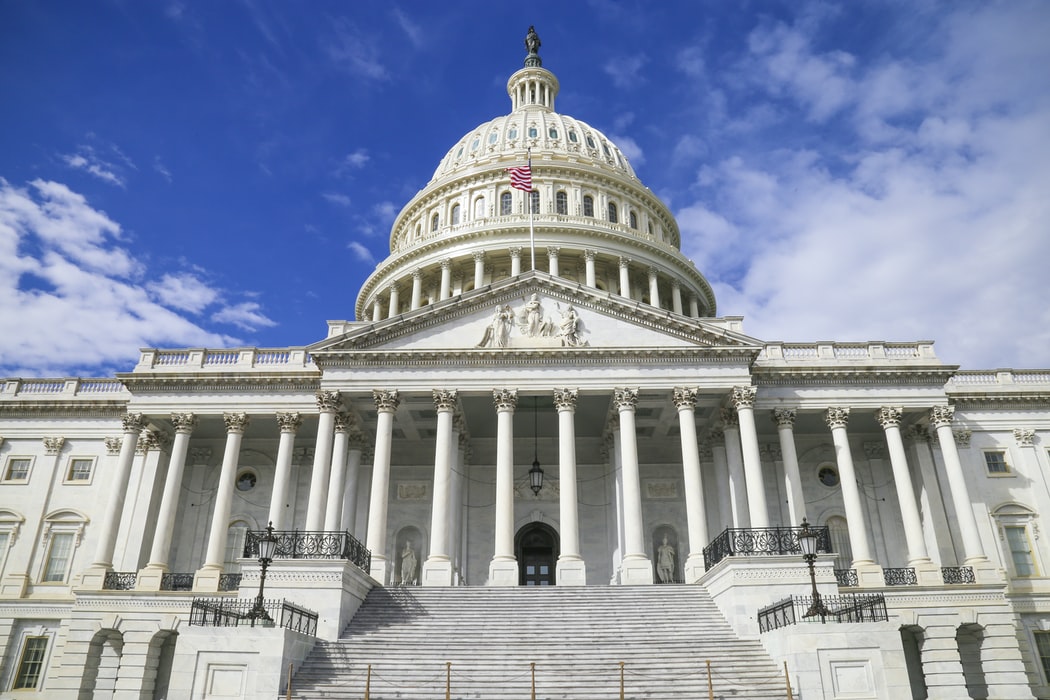
If you are reading this note, chances are that you have dedicated most of your adult life to housing. Some of us are builders, and others advocates. Some are developers and others researchers. We are Democrats, Independents, and Republicans, conservatives, centrists, and progressives. To us, the importance of housing to our nation, our economy, our neighborhoods, and our families is obvious.
But that is not the case with most policymakers in Washington. They too have dedicated their lives a wide range of issues, to which they equally passionate, like climate change, national defense, health care, and deficit reduction. So, if we want housing to be represented in the largest spending bill in American history, we will have to fight for it. Because as I write this note, housing may already have been cut entirely from the bill.
Slashing or eliminating spending on housing would contribute to escalating housing prices and be a devastating loss for racial equity. President Biden’s Build Back Better plan calls for the construction or preservation of 2 million affordable homes. A recent analysis published by Moody’s Analytics estimates there is an annual shortage of 100,000 affordable housing below demand. According to research by Freddie Mac, as of the fourth quarter of 2020, the U.S. had a housing supply deficit of 3.8 million units. The Neighborhood Homes Investment Act (NHIA) would build and rehabilitate approximately 500,000 homes. Literally building our neighborhoods back better. The Affordable Housing Credit Improvement Act (AHCIA) would create an additional 1,380,500 affordable rental homes over the next ten years.
Democrats from the White House to the Hill are quick to stress their support for racial equity. But where is it in this legislation? It’s in housing. As Lisa Rice, president and CEO of the National Fair Housing Alliance, said in Politico last week, “You cannot address issues of racial inequity if you do not address housing inequity — it is an impossibility. They’re so inextricably linked.” I couldn’t agree more. I said, “I don’t understand how you could possibly focus a bill on your highest priorities and not include racial equity. How do we tell people ‘Sorry, it’s not your bus,’ when everyone knows it’s the last bus?”
The Washington Post reported on October 2 that the Biden administration may have a few items at the very top of their list, and housing isn’t one of them. In a call with advocates on Friday, House Financial Services Committee Chairwoman Maxine Waters (D-Calif.) warned that housing was in danger of being eliminated from the legislation. Health care, various aid to families, and climate are said to top the priority list. We should reinforce the importance of housing to all of these issues. Research has shown that housing and health care work together to improve outcomes and save money. Building in established communities and restoring old housing is much more environmentally responsible than building in green fields.
To restore this critically needed funding, we must work together. That means we will have to be as flexible with each other as we are tenacious with Members of Congress. NHC has weighed in heavily on behalf of the several programs that contribute to our affordable housing production and racial equity priorities. These include the NHIA, the AHCIA, and a new downpayment assistance program for first-generation homebuyers. But the fact remains that all the housing programs in the Build Back Better legislation are important to our mission. Members like the National Low-Income Housing Coalition and the National Alliance to End Homelessness have led the fight for historic levels of Section 8 funding, public housing repairs, and the Housing Trust Fund. These priorities are equally important, and we will celebrate their inclusion in any final legislation.
The next two to three weeks will decide success or failure for a year’s work. How can you help?
Take nothing for granted. Every member of the House and Senate leadership is essential, as are the chairs of all the housing-related committees and subcommittees, including the House Ways and Means Committee and the Senate Finance Committee. Even when they say they support us 100%, it is not enough. Ultimately, they will have to choose two or three or four priorities. Being number five on their list means we lose.
Be strategic. Honey is always better than vinegar. Threatening, cajoling, and shaming will not win a single vote. Has that ever worked when someone has tried to convince you of something? Me neither. Members of Congress want to know why this is good for their constituents. Be sure you have enlisted the support of people they know in their state or congressional district who can tell them.
Work together. NHC’s success over 90 years has been built on our role as the unlikely coalitions of a broad range of housing advocates. When the White House received our letter on behalf of the Homeownership Assistance Fund – on January 21 – the first thing they noticed was how ideologically and sectorally diverse the signers were. When meeting with a Member of Congress, note the unlikely members of your own coalition, or better yet, include them in your Zoom call or state or district meeting.
It’s not too late to get hundreds of billions of dollars in the final bill, even if it is cut from $3.5 trillion to $2 trillion. But it won’t happen without every one of us working together.

